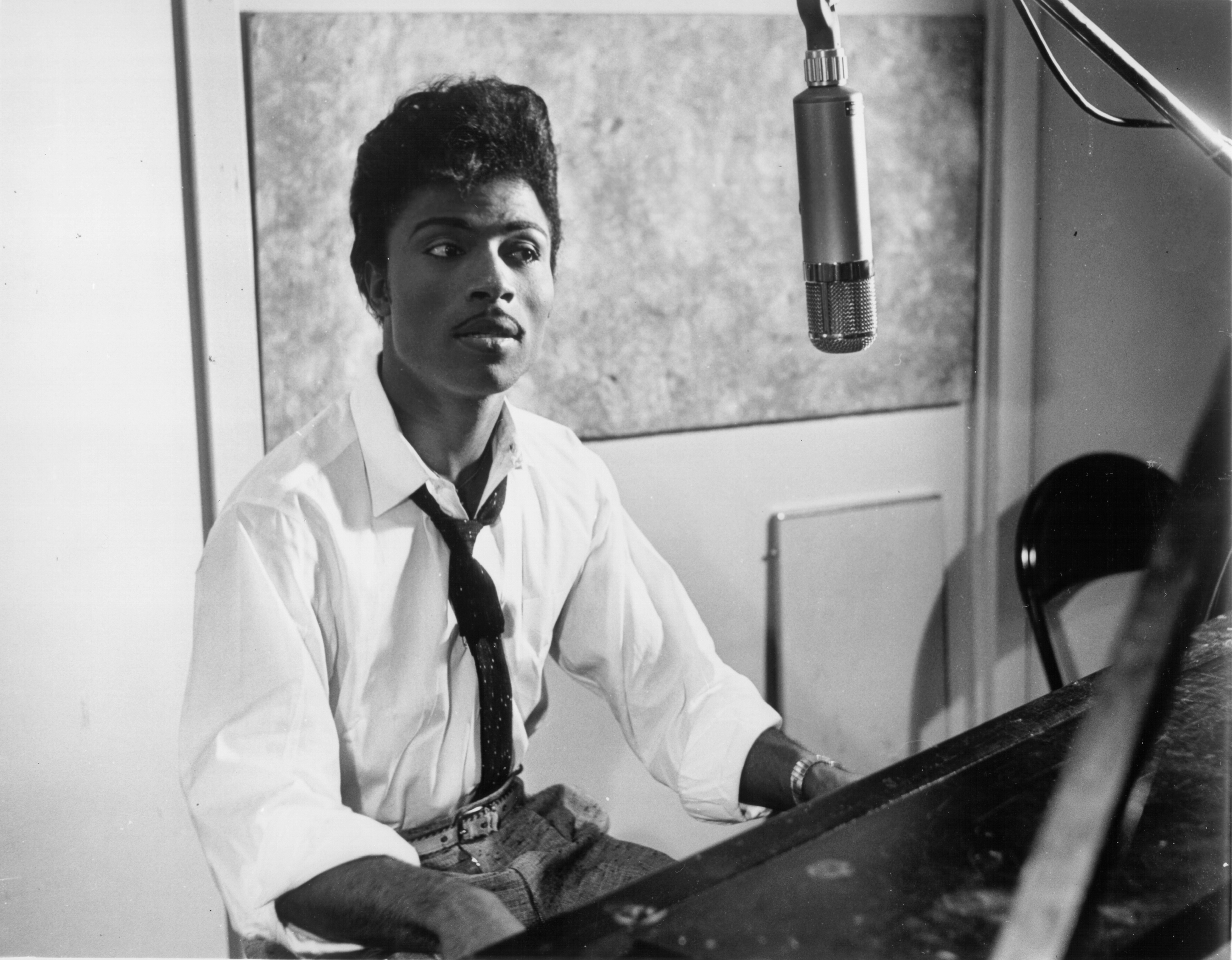Little Richard’s piano pounding, screaming, and kinetic performances injected raw energy into a new form of music for the post-World War II generation that crossed racial lines, influencing multiple generations of musicians from James Brown and the Beatles to Prince.
Born Richard Penniman, Little Richard was one of the pioneers of rock ‘n’ roll in the 1950s and a member of the first group of musicians inducted into the Rock and Roll Hall of Fame in 1986. He had 16 Top 100 chart hits from 1956 to 1959 and his songs have been covered by a wide range of musicians from his contemporaries to today’s performers. He died May 9 in Nashville at the age of 87.
Jeffrey Ogbar, professor of history, founding director of UConn’s Center for the Study of Popular Music, and author of the book, “Hip Hop Revolution: The Culture and Politics of Rap,” spoke with UConn 360 about the legacy of the musician who was the self-proclaimed “architect of rock ‘n’ roll.”
Listen to the conversation here:



